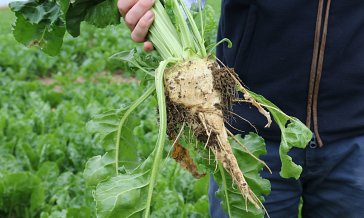Supporting our colleagues to have a positive impact in the community is something we're passionate about, and lately our teams have been spreading festive cheer in several ways.
From wearing Christmas jumpers, to providing over 100 gifts for children in emergency housing, to visiting local care homes to spend time with residents, playing board games, tree decorating, carol singing and dancing!
A huge thanks to all those involved and we hope we've been able to make this time of year a little more special!
Building a sustainable homegrown sugar industry
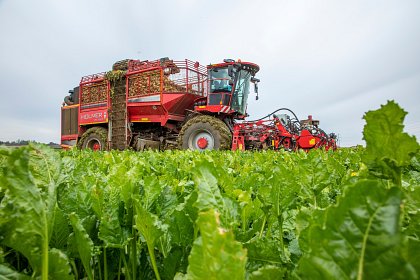
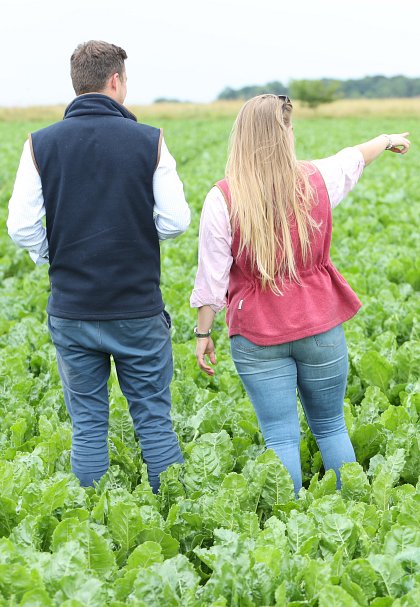

At British Sugar, we have a long and proud history in the world of food and agriculture. For over 110 years, we have helped cultivate sustainable agriculture and rural economies within the sugar supply chain.
We want to be around for the next 100 years, so ensuring we continue to build a sustainable future for our industry, our communities, and our people is paramount.
We believe our impact can be most powerful by focussing on the areas that matter most to our business and stakeholders.
Our approach to sustainability...
At the heart of our approach is the ambition to ensure a sustainable future, for our business, for our communities and for the planet.
To deliver this in our day-to-day operations, we have four focus areas which guide our actions every year. Take a look and explore what we're up to.
Our journey so far...
Innovation runs through the DNA of British Sugar, and it's no different when we talk about sustainability. We have made huge strides over many decades to reduce our impact on the environment and the world around us.
Since our baseline year of 2018, we have invested around £360 million to make our factories even more efficient, of which £140m has been invested directly in 52 energy and carbon reduction projects. This has resulted in a reduction of Scope 1 and 2 market-based emissions by 31%, as well as reducing our energy usage by 13% (excluding energy exported) and delivering a 31% reduction in water abstraction (including municipal); all whilst increasing sugar yields.
As part of ABF Sugar, we are committed to contributing towards the achievement of their near-term decarbonisation targets for 2030 and net-zero targets for 2050 which have now been validated by the Science Based Targets initiative (SBTi).
Accreditations
In 2025, we’re extremely proud to have earned a Gold Medal for our sustainability performance with EcoVadis, the global leader in business sustainability ratings. This rating places us in the top 5% of companies surveyed.

Where we are heading...
Our ambition is to be net zero by 2050.
We know it won't be easy, but we are confident in our plans and our people's ability to deliver. We have identifed several key components across our supply chain, from our factories to the fields to our fleet, that need to adapt and transform to allow us to achieve this ambition.
Our roadmap details a selection of these areas where we will focus our efforts over the coming decades.

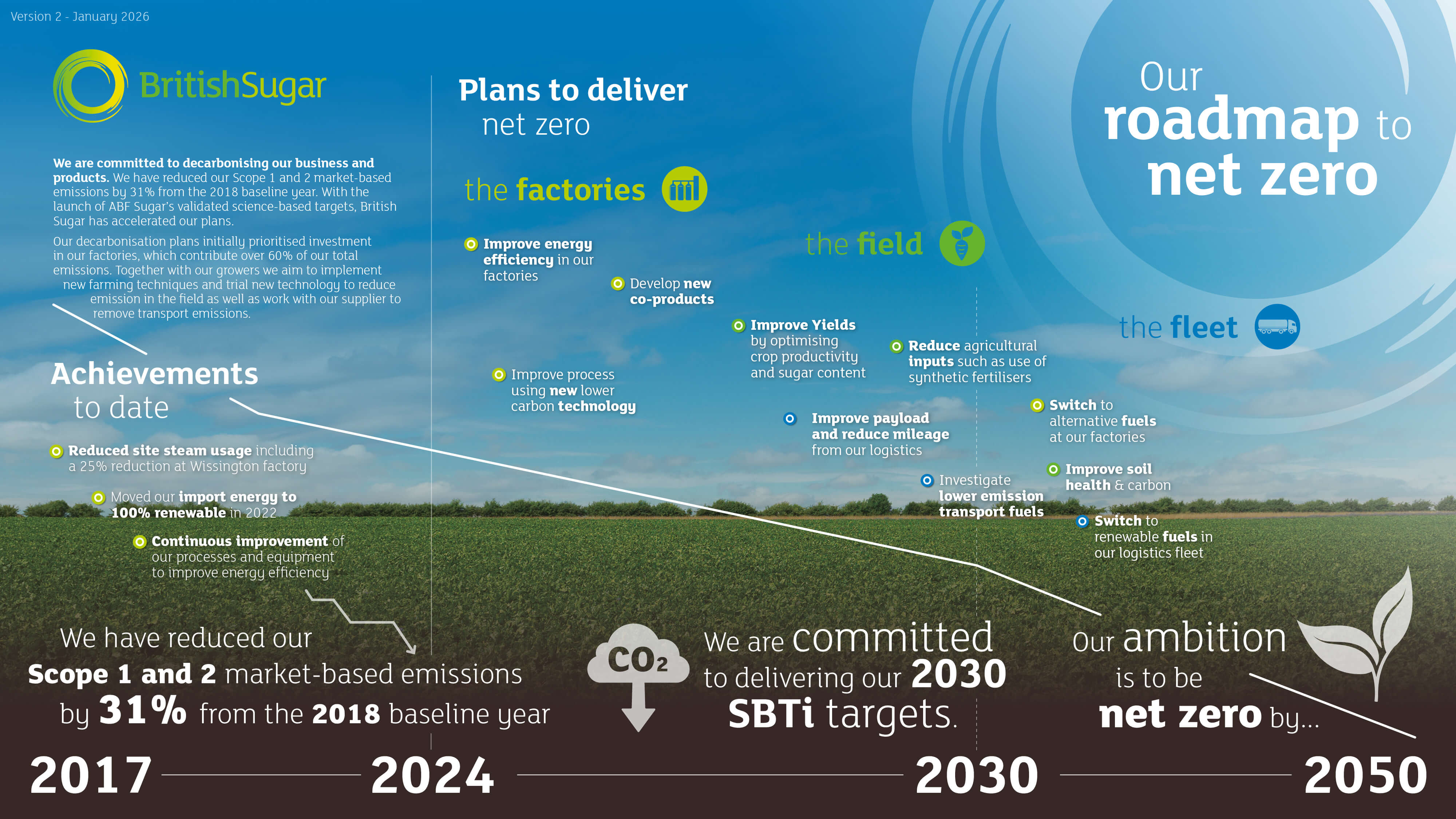
Sustainability Alerts
Stay up to date on our latest sustainability activities and considerations.
Adjust the filter below to show alerts for your focus area(s) of choice.
Responsible Consumption
Sustainabile Agriculture
Responsible Sourcing
Our People
Spreading festive cheer
18th December 2025

Joining the Food Network for Ethical Trade
4th December 2025
We are delighted to have joined the Food Network for Ethical Trade (FNET). Maria Franklin our People Director comments:
“Joining FNET reflects British Sugar’s commitment to strong ethical trade practices and continuous improvement both within our own operations and across our wider supply chain too. Working with other organisations through FNET gives us the opportunity to share learning, collaborate, build on our existing practices and continue to improve the way we manage human-rights and labour-related risks across our business.”

Macmillan coffee morning
1st October 2025
Our Peterborough head office got involved in the Macmillan coffee morning with a bake sale. In total an amazing £541.69 was raised! Thank you to everyone who baked and to everyone who donated!
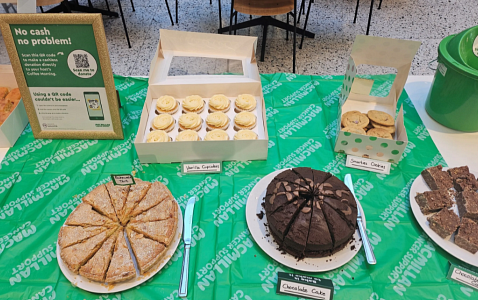
Rising Star at the Food and Drink Federation Awards 2025!
11th September 2025
Huge congratulations to Vlad Racins, combustion technician from our Bury St Edmunds factory who was awarded Rising Star at the Food and Drink Federation (FDF) Awards 2025!
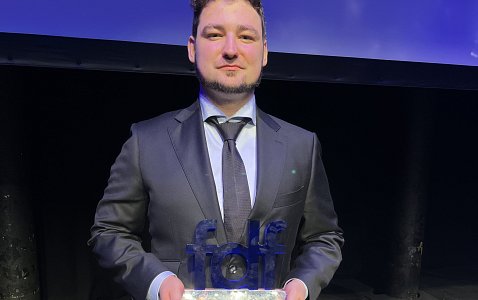
BBRO nitrogen trials underway
22nd August 2025
The BBRO (British Beet Research Organisation) is actively researching ways to reduce the environmental impact of sugar beet production while maintaining crop performance.
Current projects include identifying low-carbon nitrogen fertilisers that are compatible with the specific nutritional demands of sugar beet. BBRO is also working to optimise nitrogen use efficiency by exploring placement and banding techniques that deliver fertiliser more precisely to the root zone, reducing waste and emissions. In addition, they are investigating sustainable soil management practices that support soil health, structure, and resilience.
These include strategies to minimise compaction, improve organic matter retention, and enhance microbial activity—all of which contribute to long-term soil productivity and environmental sustainability. Together, these initiatives support the sugar beet sector’s goal of reducing its carbon footprint and improving sustainability without compromising yield or crop quality.

Bury Pre-Silo employees support local primary school
13th August 2025
Nine employees from our Bury sugar factory volunteered at a local primary school to help with some maintenance, including putting up posts for hammocks, laying slabs, painting fences plus other general repairs and cleaning.
The primary school commented: 'Thank you so much to British Sugar who sent volunteers to help us create a calm place for the children. We are very pleased with our calm and stillness garden and love our pond and hammocks. Thank you so much'

Cantley's new CHP plant starts exporting power!
12th August 2025
Exciting times are afoot at our Cantley site, with its new modular, gas-fired Combined Heat and Power (CHP) plant exporting power for the first time last week!
This achievement marks a significant milestone in the project following weeks of electrical testing. With more commissioning activities to follow ahead of being fully-functional and integrated into the factory operations ready for the 25/26 campaign. This project will help to reduce Cantley's site emissions by 16,000 tonnes of carbon a year, and is set up for fuel flexibility too.

Wissington steam drying project
22nd July 2025
The foundations are being laid for our biggest decarbonisation project in the company’s history at Wissington sugar factory!
The equipment will be installed and connected to the factory systems over the course of the next year, ready for the start of the 2026/27 sugar beet campaign.

Bury decarbonisation project
22nd July 2025
The project team are gearing up for commissioning ahead of the 2025/26 sugar beet campaign – this project sees the installation of new evaporators which are expected to reduce site emissions by around 20,000 tonnes of carbon a year.

Food bank support
15th July 2025
It's been a pleasure to be involved with Nourishing Norfolk, a local food bank that focuses on supplying affordable food to communities across Norfolk. So far, they have 26 food hubs that have supplied over 38,000 customers, which equates to over15,000 households.
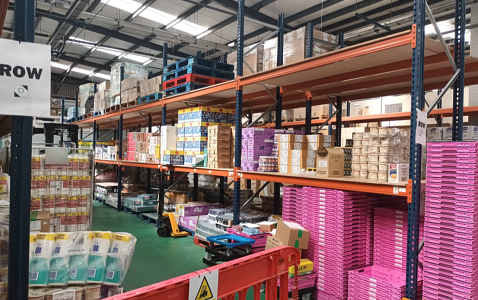
Understanding the buzz amongst the beet
24th June 2025
We're excited to have partnered with AgriSound for a two-year project to monitor pollinator activity.
The collaboration sees the installation of 27 acoustic sensors at a large farming estate in North Norfolk. The sensors will remain in place for a two-year period, recording real-time biodiversity data, and providing critical insights into the health of vital pollinator populations.
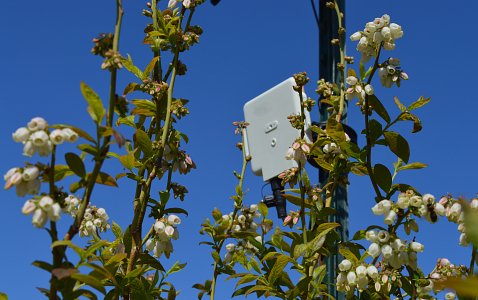
Show More
No results
There are no alerts for this filter. Please select a different option to view our latest sustainability alerts.




